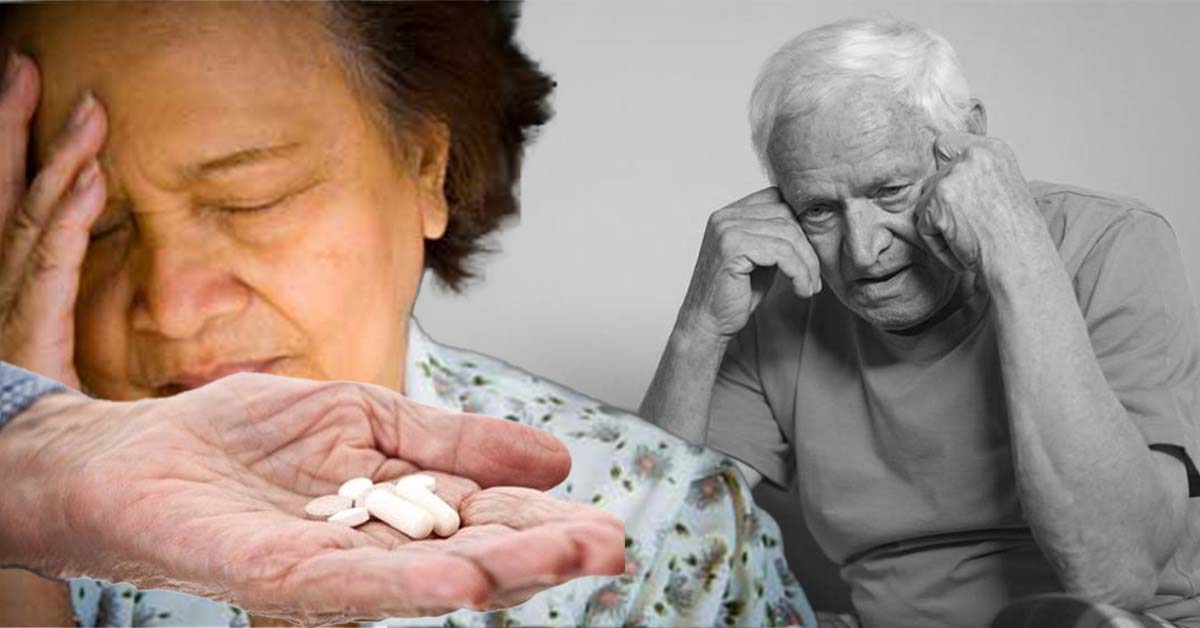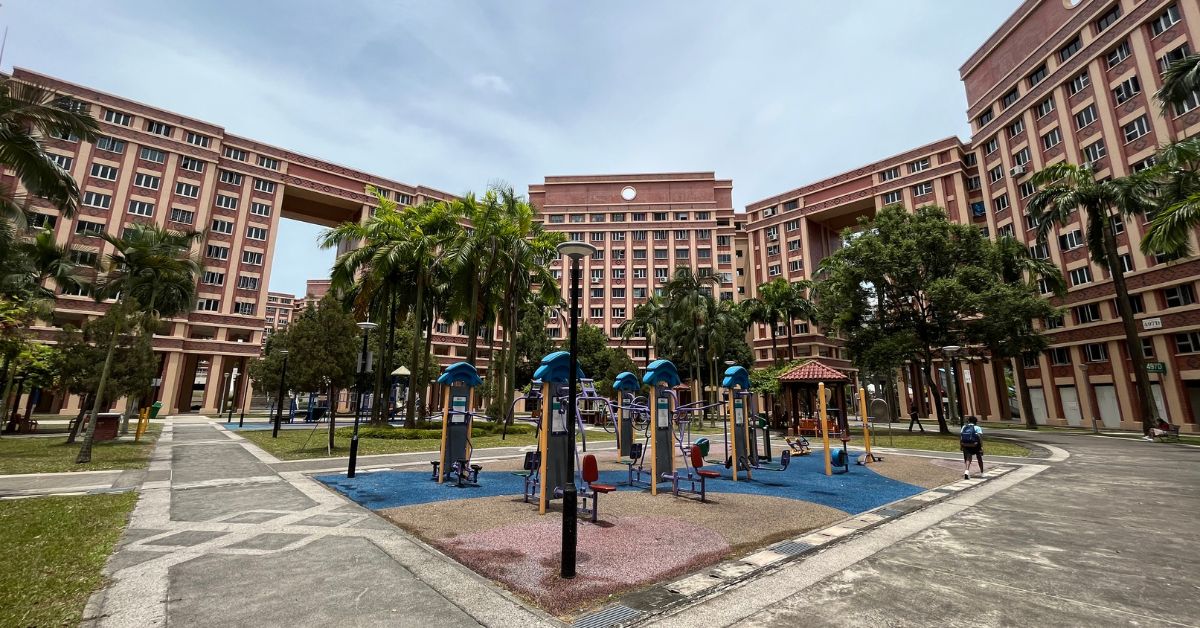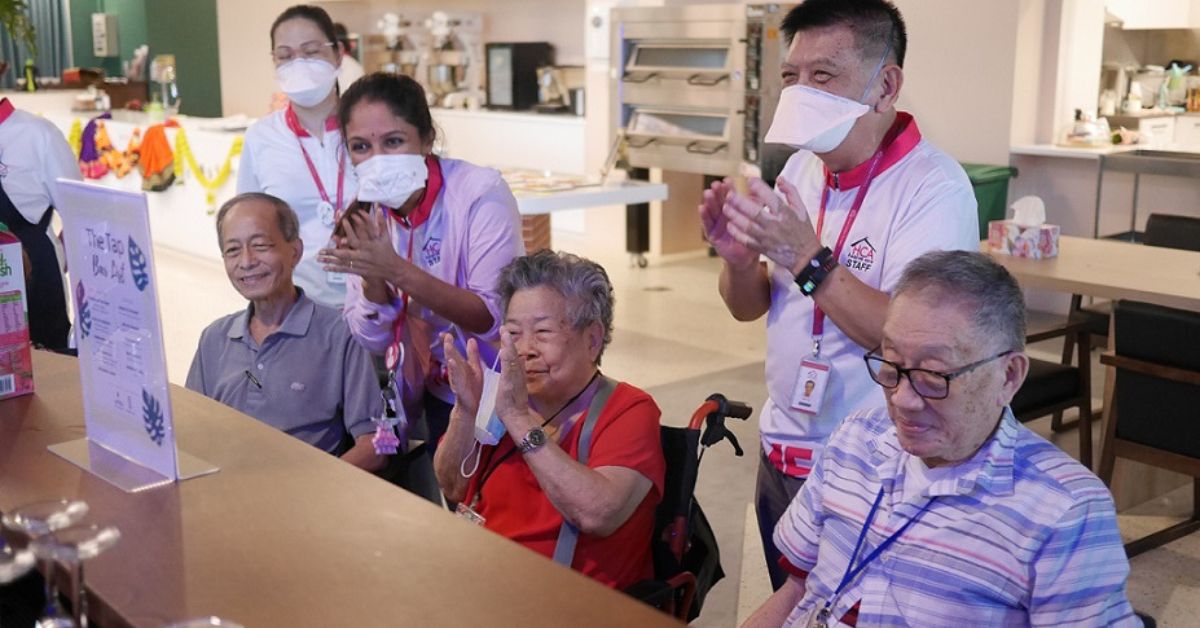
I see older people with memory issues daily in my practice as a geriatrician. At times, they are oblivious to changes in their memory and behaviour and are brought to see me by distressed family members. The biggest concern that they and their family have is, “Is this dementia?”.
Having a diagnosis of dementia is devastating. Dementia is a crippling and progressive disease. There are strict criteria for diagnosing dementia. One criterion that has to be fulfilled is that there has to be a decline in the person’s ability to function in tasks that he was able to do previously. I have encountered patients with a range of memory and behaviour issues and as often as I make the diagnosis of dementia, I make the diagnosis of NOT dementia.
There are conditions that mimic dementia or what we call “pseudodementia”. It looks like dementia, smells like dementia, but very often is NOT dementia. Some examples include confusion as a result of a medical illness, medications, mood issues and other psychiatric conditions.
Delirium / Acute confusion
Older people are prone to acute confusion or delirium.
Advertisement
This is a temporary change in mental state that can be caused by illness like an infection. The person suffering from delirium may appear agitated or anxious, or may appear extremely tired and sleepy.
The history is usually short, the person may have been very well and going to the market the previous day, but is confused today and not knowing where he is. It is important to ask questions from the family members about what has happened and take a detailed medication or drug history.
Sometimes a urine infection and antibiotics may cause Mum to ask you to repeat a story you told about a colleague again and again. Or Dad may have bought cough syrup for a bothersome cough and forgotten to pick up your child at the usual time from tuition.
Medications that cause drowsiness in a younger patient may cause an older person to become acutely confused.
This includes over the counter cold medications and some painkillers. It is important to realise that not only new medications have side effects of confusion, but stopping medications suddenly may also cause problems.
This is due to a drug withdrawal state. This includes withdrawal from alcohol, an addiction which in some of my patients is hidden from their family members!
Depression and Anxiety
Depression is a common mental health condition in the elderly.
An older person can become forgetful if they are depressed.
There are many ways to assess depression in an older person. I simply ask, “Are you depressed?”.
This single question has been validated in clinical studies as a useful way to screen for depression. Depression is a treatable condition once diagnosed. Treating depression decreases the risk of suicide in the elderly.
It may not be widely known but depression is a risk factor for developing dementia.
A depressed older person is more prone to suffer from dementia compared to his non-depressed counterpart.
I had an 80-year-old patient who was no longer allowed to volunteer as a librarian in her grandchild’s school. She became depressed and starting having problems sleeping. She took a sleeping tablet that caused her to be drowsy and fall in the toilet, resulting in a hip fracture.
The prolonged hospital stay caused her to lose strength and she was fearful of falling again. She stopped going out and socialising. With the support of her family, a trained counsellor, physiotherapy and starting her on a course of antidepressants, she slowly regained her strength and confidence.
She is now travelling the world on her own in a post COVID world!
Grief Reaction
The death of a close family member is a major life event. A grieving older person may appear forgetful. They are not sleeping or eating well. Sleep deprivation may be a cause of someone becoming forgetful.
Dehydration as a result of poor appetite causes changes in the salt and water levels in the body. This may affect normal brain function and cause changes in behaviour including forgetfulness.
I meet children who are surprised by how disabled their recently widowed mother has become. It can be difficult to diagnose dementia when there is a change in caregiver and living arrangements, making it difficult to establish what Mum could do before dad passed away compared to what she is able to do now.
A diagnosis of dementia may be challenging in such a case where the baseline function of the widowed spouse is not known and the state the patient is in is compounded by grief.
Stroke
Stroke can mimic dementia especially when it affects certain parts of the brain.
I had a patient who had a lot of problems with language. She could not remember the prayer she had memorised every morning for the past few decades. She had difficulty answering questions as she could not “remember” the right words. As a result, she became sad and anxious which worsened her condition and made her forgetful.
Turns out, she had suffered a stroke affecting the parts of her brain that controlled speech and language. It took 6 months of suffering and a few visits to several doctors before she came to me. I arranged a brain scan. I then made the diagnosis of stroke and an anxiety disorder as a complication of her stroke. She did not have dementia at all!
Other Psychiatric Disorders
When an older person exhibits strange behaviour, the family gets distressed and thinks it is dementia. I have patients brought to see me when they get into trouble with the law. They may be shoplifting or throwing things out of a high-rise building.
On further questioning there may be abnormal thoughts, hallucinations and/or delusions. This may be a complication of dementia or a symptom of a psychiatric condition including schizophrenia.
I had an old lady who felt the neighbour was trying to harm her and became more and more withdrawn. She refused to leave the flat. Turns out, she had a mental disorder which made her paranoid.
Monitoring Change
Any change in cognition, memory and behaviour in an older person warrants medical attention.
The diagnosis of dementia can be challenging in some and involves detective work and an experienced doctor who is trained in diagnosing dementia.
Early diagnosis of dementia is important as the disease is slowed with medications. Patients who were started on treatment with medications early show better response.
Resources are also available when the diagnosis is made and caregivers can receive the education and support that is so essential in caring for someone with dementia.
Dementia resources
Helpline: 6377 0700
Dementia Singapore : https://dementia.org.sg
DementiaHub: https://www.dementiahub.sg
Dementia Research Centre: https://www.drcs.sg
Helpline: 6377 0700
Dementia Singapore : https://dementia.org.sg
DementiaHub: https://www.dementiahub.sg
Dementia Research Centre: https://www.drcs.sg






